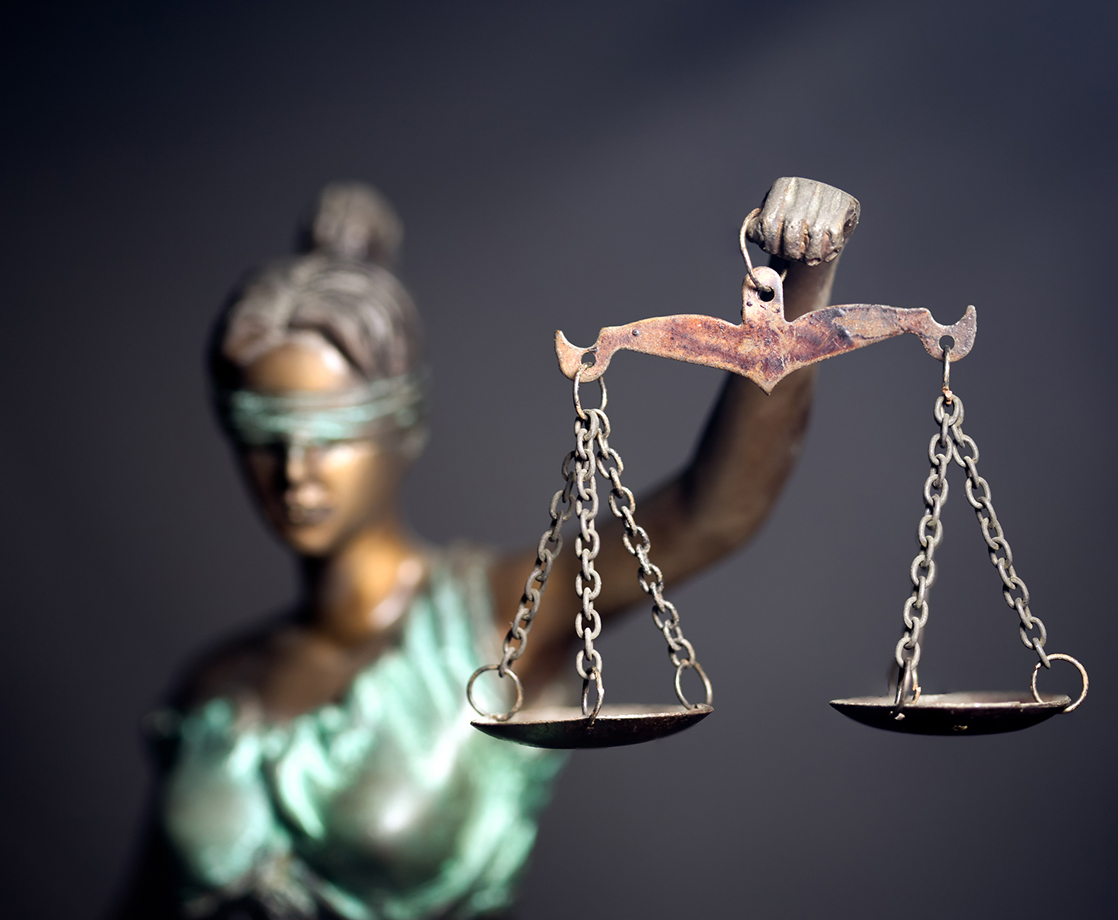California lawmakers just passed a bill that would direct the state Department of Justice to automatically clear the records of hundreds of thousands of low-level cannabis offenders. AB 1793, proposed by Assemblymember Rob Bonta, would require DoJ officials to identify all eligible cannabis-related convictions between 1975 and 2016 and notify the relevant prosecutor by July 1st of next year. The individual prosecutors then have one year to decide whether they want to challenge any of these cases, or allow them to be expunged or reduced.
Proposition 64, the voter-approved measure that legalized adult-use cannabis in the Golden State, already allows low-level cannabis offenders to individually apply to have their convictions reduced or expunged, but the burden of undertaking this task is up to the individual. The petition process can require the assistance of a lawyer, who could charge up to $1,500, putting the process out of reach for many lower-income individuals.
“There’s a fee for requesting criminal records, a fee to file paperwork with the court,” Bonta explained to MERRY JANE. “There’s the time it takes off of work or from family to seek this relief in court. You might have to go to court multiple times, and you might even have to hire an attorney if the D.A. challenges your request. All of that was just way too burdensome.”
District attorneys from several California jurisdictions, including San Francisco and San Diego as well as Yolo and Sonoma counties, announced that they would shoulder this burden themselves, automatically identifying eligible convictions and clearing them. While cannabis offenders in these counties and cities were at last able to have the black mark of cannabis prohibition permanently removed from their records, other jurisdictions, including Los Angeles, said that they would not be willing to assist former offenders in this task.
Prosecutors in many jurisdictions have said that they simply do not have the resources to automatically identify and clear these convictions, but the new bill would solve this issue by shifting the burden of researching prior records to the state. San Luis Obispo County District Attorney Dan Dow told NBC affiliate KSBY6 that his office would be unable to handle this task without the state's help. "We're talking about decades of criminal cases in our county," he said. "I'm guessing in the thousands."
The bill passed the state Senate this week with a bipartisan 22-8 vote, after clearing the Assembly earlier this year. If Gov. Jerry Brown signs it into law, an estimated 220,000 former cannabis offenders in the state could have their records cleared by 2020. The process does not guarantee that every former offense will be cleared, however. "Not every case will automatically be granted relief because there is still some conduct related to marijuana that is illegal under today's law," Dow told KSBY.
“AB 1793 will bring people closer to realizing their existing rights by creating a simpler pathway for Californians to turn the page and have certain criminal convictions for cannabis-related offenses removed from or reduced on their records,” Bonta said in a statement. “Long after paying their debt to society, people shouldn’t continue to face the collateral consequences, like being denied a job or housing, because they have an outdated conviction on their record.”











